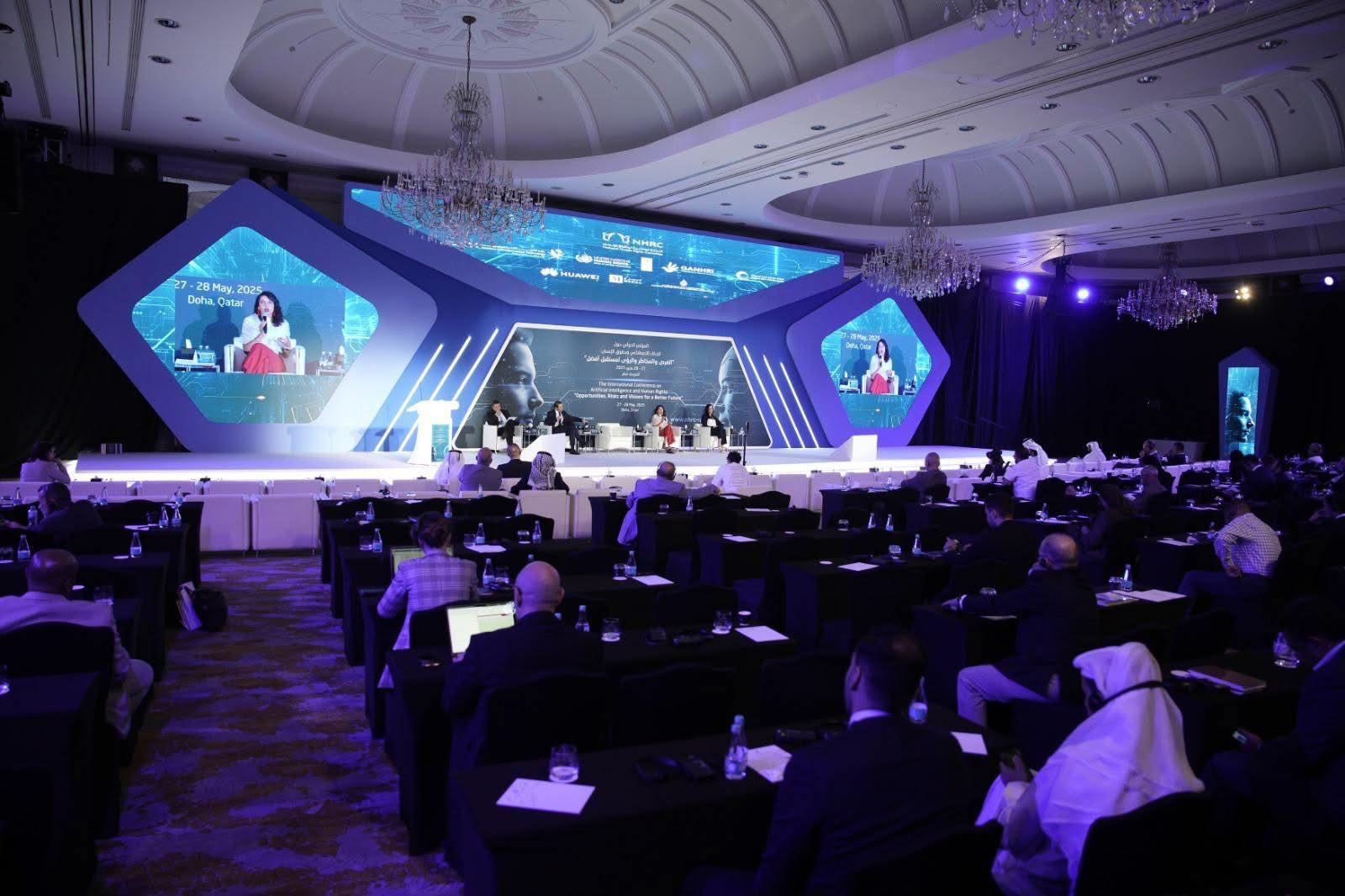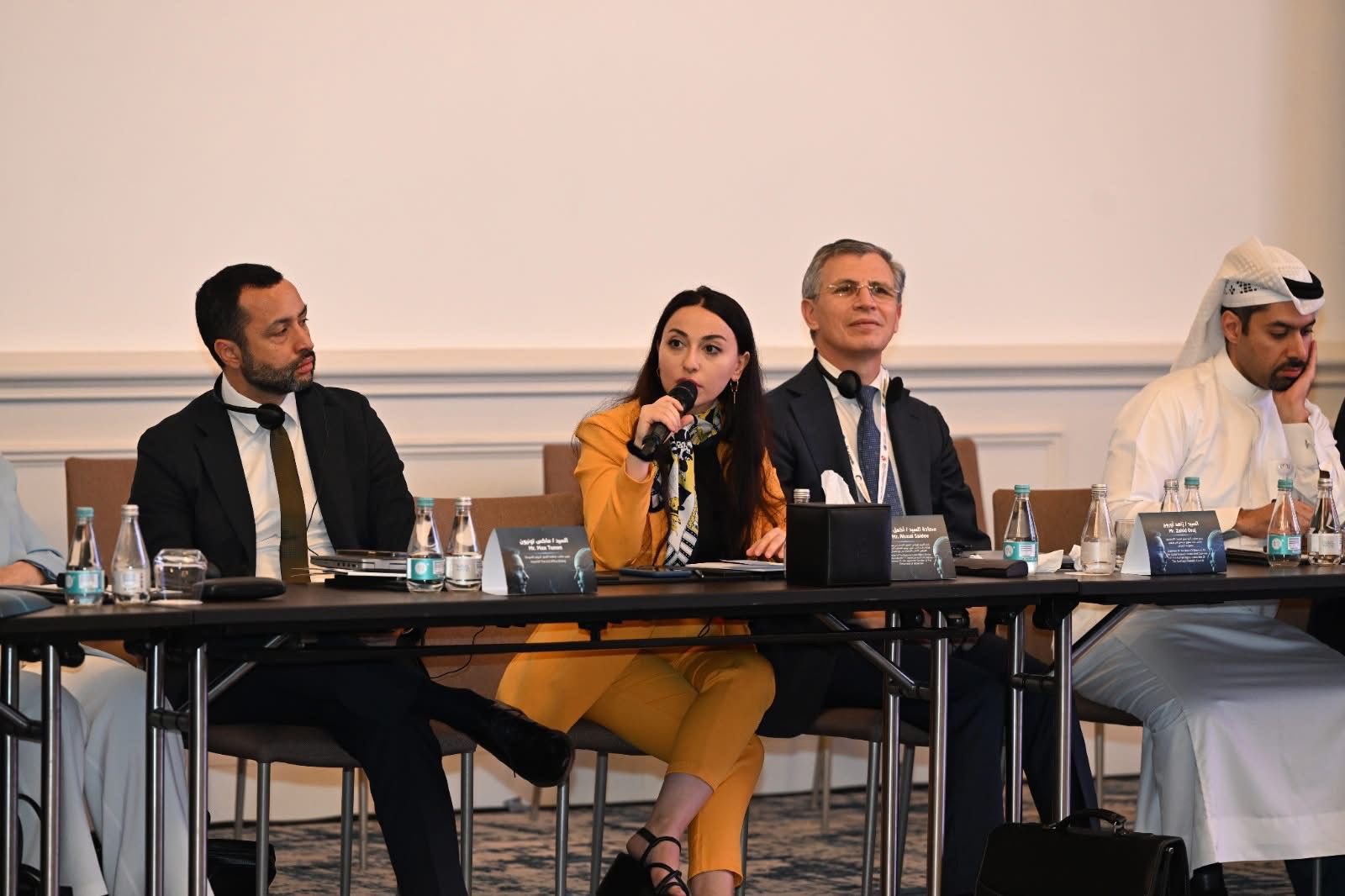Social implications of the development and application of Artificial Intelligence (AI) technologies in the context of human rights
 02.06.2025
02.06.2025


 02.06.2025
02.06.2025


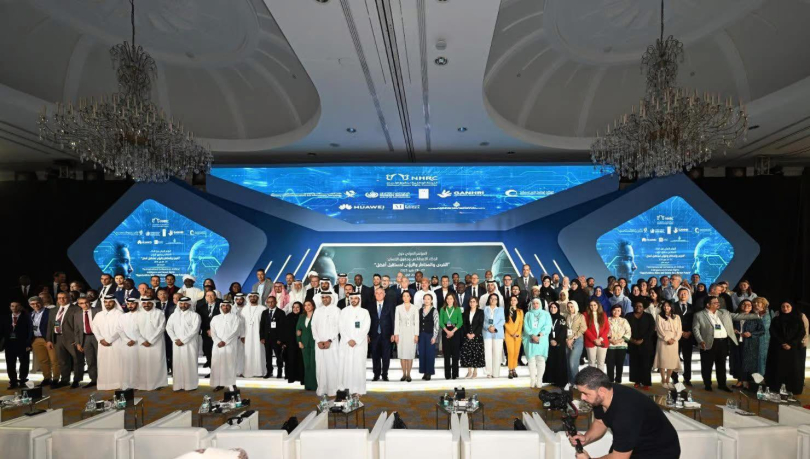
The Social Research Center, upon the special invitation of Ms. Maryam Al Attiyah, Chairperson of the National Human Rights Committee of Qatar, actively participated in the Doha Conference. During the event, the Center held meetings and discussions aimed at strengthening relations and cooperation with the organizing partner institution and numerous international participants of the conference. Within the framework of the event, the NHRC and SRC signed a Memorandum of Understanding (MoU) to enhance cooperation in areas relevant to their respective fields of activity.
Speech delivered by MP, Mr. Zahid Oruj, the Chairperson of the Social Research Center (Azerbaijan), at the International Conference co-organized by the National Human Rights Committee of Qatar (NHRC) in cooperation with international organizations, held on May 27–28 in Doha, themed “Artificial Intelligence and Human Rights: Opportunities, Risks, Visions for a Better Future.”
“Foremost, I wish to extend our profound gratitude to Her Excellency Maryam bint Abdullah Al Attiyah for graciously inviting us to participate in this distinguished International Conference.
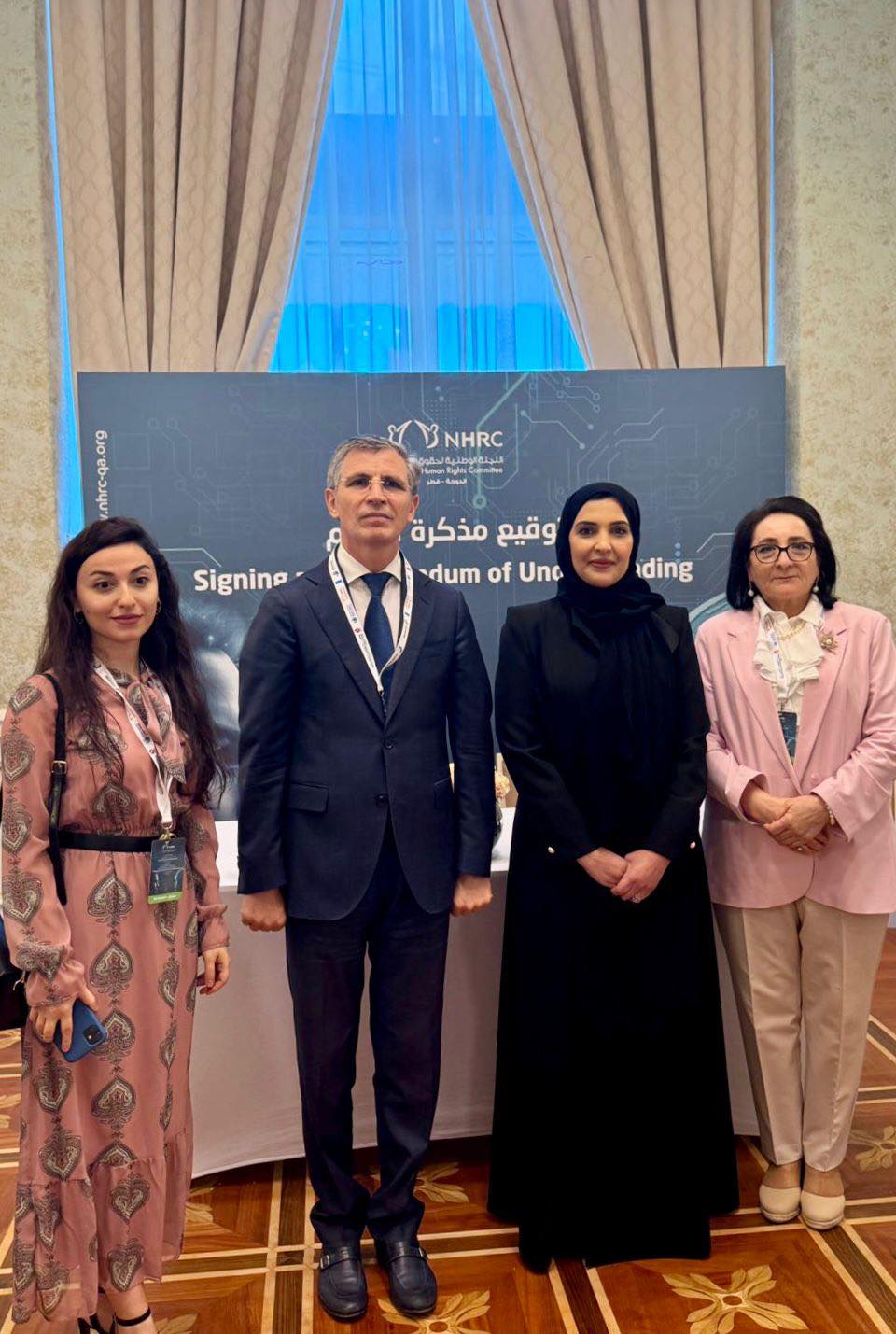
Contemporary humanity is confronted with an unprecedented and game-changing technological paradigm shift of historic proportions. In 2016, speaking at the launch of the Leverhulme Centre for the Future of Intelligence (LCFI) at the University of Cambridge, Professor Stephen Hawking issued a cautionary statement during his address. He stated: “Every aspect of our lives will be transformed. In short, success in creating AI could be the biggest event in the history of our civilization.”
The progressive permeation of computational intelligence across diverse levels of human activity bears significant parallels to the historic discovery of electricity. Algorithmic technologies have entered the labor sphere and hold the potential to be as groundbreaking as the steam engine was during the 19th-century Industrial Revolution.
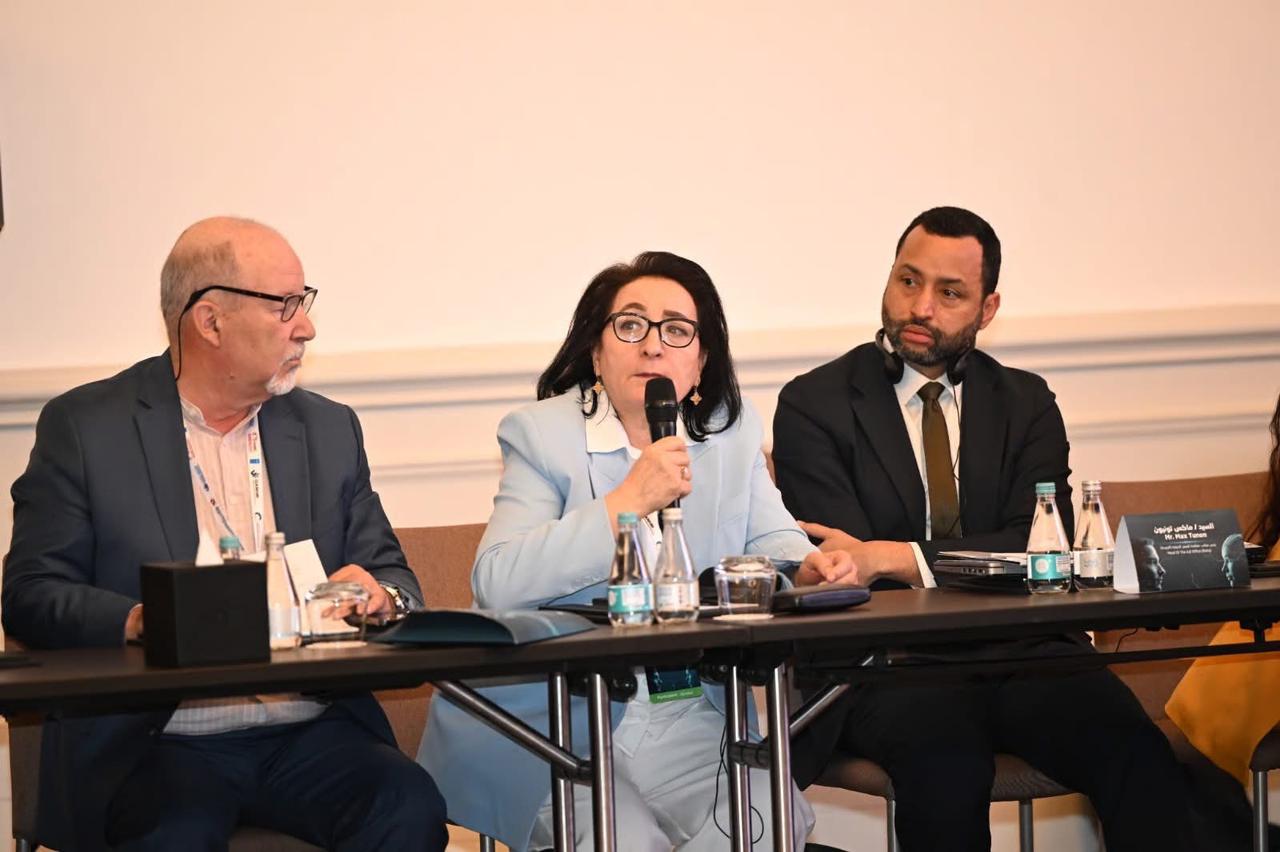
The Fourth Industrial Revolution, driven by advancements in artificial intelligence, is expected to significantly redefine the socio-economic structures of the majority of countries. The deployment of AI technologies is projected to improve production efficiency by approximately 30 to 40 percent. In the outcome:
• Automated and intelligent systems shape today’s work environment, revolutionizing tasks and organizational processes. From increasing efficiency to creating new job opportunities, AI is reshaping the workforce and fostering innovation across industries. At the same time, it introduces risks and vulnerabilities.
• The social consequences of machine intelligence in various sectors of society, featuring both their useful effects and potential obstacles, indicate that the broader the scope of AI application, the more complex the challenges it presents.
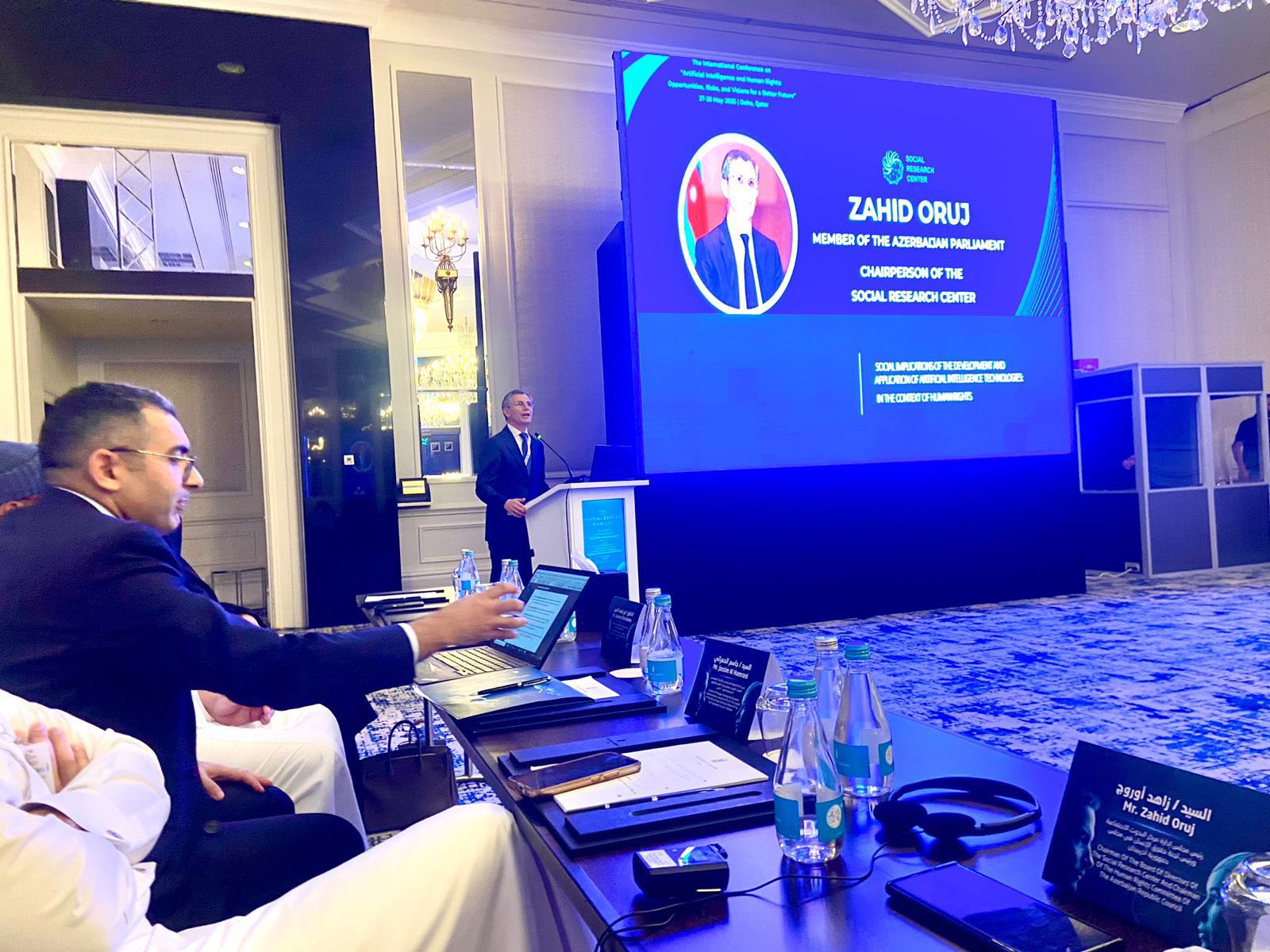
What are the results and influences of the application of AI in employment, industrial, and other landscapes?
The benefits of AI encompass a diverse array of positive impacts, including job creation, enhanced access to education and healthcare, reduced crime rates, support for environmental conservation, and efforts toward cultural preservation:
• Increases efficiency
• Creates new jobs
• Displaces traditional professions, particularly in manufacturing and data entry
• Requires reskilling of workers to adapt to new technologies
• Enhances job quality in certain fields by automating routine tasks
Challenges and constraints of AI in the occupational setting
The incorporation of AI into organizational and employment contexts generates substantive challenges and risks. Hence, what might be the expectations for AI and the future of the labor market?
• The risk of rapid automation and job displacement (mass unemployment)
• Economic instability
• Social consequences
• Ethical concerns regarding surveillance and decision-making autonomy
Notwithstanding the considerable advantages associated with AI integration in professional sectors, a range of drawbacks necessitate careful consideration:
• Digital divide
• Algorithmic bias
• Ethical limitations of AI
• Data privacy and security
• Public perception and trust
• Data dependency
• High implementation costs

Consequently, knowledge of the implications of AI for human rights is imperative. Empirical and theoretical evidence indicate that the fourth generation of human rights is experiencing a profound transformation with
• Unemployment
• Algorithmic bias leading to discrimination
• Privacy concerns due to data collection and surveillance
• Security risks, including dual-use and misuse
• Potential job displacement
• Concerns on the erosion of human autonomy
• Emerging rights, as well as robot rights
And importantly, an emergent and intensifying discourse within scholarly and policy domains concerns the attribution of rights to AI entities. Should AI be granted fundamental freedoms? If machines were to develop cognitive and emotional capabilities comparable to humans, would it be unjust to deny them liberties? Should robots be entitled to rights?
Provided that the prospect of truly autonomous, self-enhancing, and self-replicating AI endures, the campaign promoting AI rights equivalent to human rights will continue unabated. For some, this represents a disturbing scenario that could undermine human dignity; for others, it signifies a natural evolution in a rapidly advancing digital era. While AI does not currently possess rights, the question remains a profound philosophical issue with vast practical implications.
In recognition of your esteemed attention, I shall highlight essential points:
• The integration of AI in an organizational setting presents challenges and concerns on a transnational scale.
• A principal concern pertains to the disparity between the rapid technological advancements in AI and the comparatively lagging development of the corresponding regulatory setup within the human rights field.
• Focusing on the impacts of AI on human rights violations, lawmakers and analysts have identified five primary areas of concern: (1) elections, (2) intellectual property, (3) privacy, (4) labor markets, and (5) competition.
• The incorporation of the fourth generation of human rights, encompassing digital, ecological, and AI-specific rights, into institutional frameworks may facilitate the establishment of robust models for global governance. However, the success of this effort relies on bridging the gap between abstract principles and enforceable policies.
• A potential path forward lies in establishing collaborative international institutions that prioritize human well-being over material and technological interests, address the adverse social effects of AI applications, and develop comprehensive legal regulations.
• Fostering international collaboration in the development of legal systems regulating the implications of AI on human rights constitutes a pivotal objective.
• Addressing the pitfalls of mass unemployment will require coordinated international action. There is no viable alternative to strengthening multinational cooperation in developing AI standards and regulating its use.
In conclusion, I extend my sincere appreciation to the organizers and participants for their commitment to advancing this vital international discourse on artificial intelligence and human rights.”
